(CLO) Researchers in China have found a way to significantly increase the survival rate of mice exposed to acute radiation, opening up prospects for improving the safety of cancer treatment and increasing the chances of survival in the event of a nuclear war.
Research finds that eliminating a protein that plays an important role in the immune system could help reduce radiation damage and optimize cancer radiotherapy.
High doses of radiation, whether from nuclear explosions, radiation accidents or cancer radiation therapy, can cause severe DNA damage, leading to massive cell death and dangerous syndromes in the digestive system.
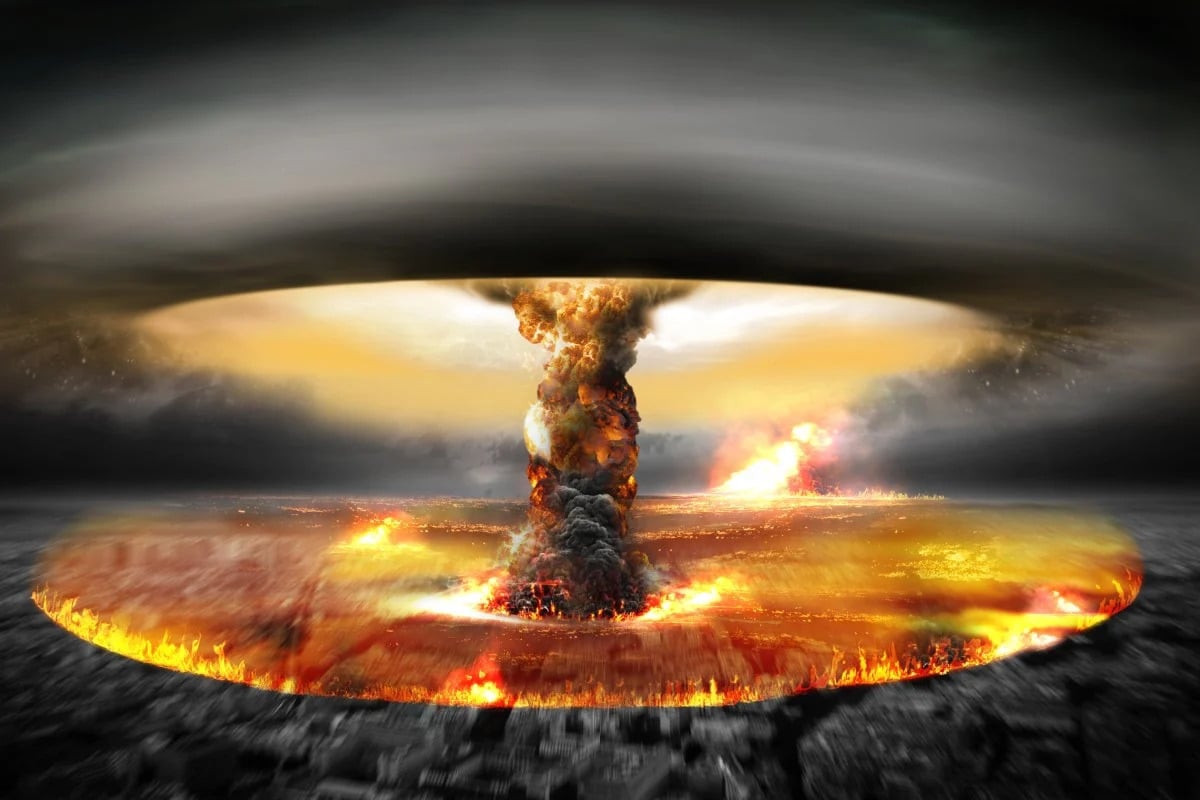
Illustration: GI
Past nuclear disasters show how devastating radiation can be. The atomic bombs dropped on Hiroshima and Nagasaki in 1945 killed at least 100,000 people, many of whom died from radioactive fallout.
At Chernobyl, the 1986 nuclear accident killed about 4,000 people from radiation-related cancers, according to the International Atomic Energy Agency. There is currently no effective way to protect against the effects of acute radiation.
A team led by Sun Yirong at the Guangzhou Institute of Biomedical and Health Sciences found that removing the Sting protein (an interferon gene stimulator) increased the survival rate of mice exposed to radiation from 11% to 67%. The results were published in the journal Cell Death and Differentiation last week.
Experiments showed that normal mice suffered more severe abdominal injuries than those whose Sting protein had been removed. Scientists found that the protein activated a new signaling pathway, increasing the rate of cell death.
At the same time, the intestinal villi – an important part in nutrient absorption – in mice lacking Sting protein were 2.3 times larger, showing significantly improved radiation resistance.
Cell death in mice with the Sting gene removed also dropped from 45% to 12% after exposure to radiation, suggesting that the Sting protein could be key to understanding mechanisms that help protect against radiation damage.
"Therapies developed from the discovery of Sting protein have great potential in protecting the body from radiation, improving cancer radiotherapy and enhancing the effectiveness of cancer treatment," said Sun Yirong.
Ngoc Anh (according to China Science Daily, SCMP)
Source: https://www.congluan.vn/trung-quoc-phat-hien-ra-cach-giup-con-nguoi-song-sot-sau-tham-hoa-hat-nhan-post335365.html





















































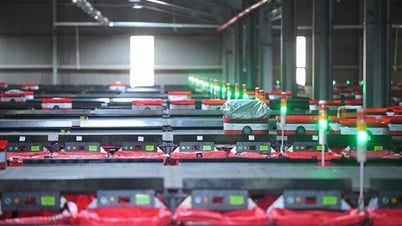









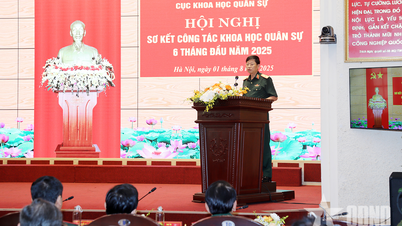



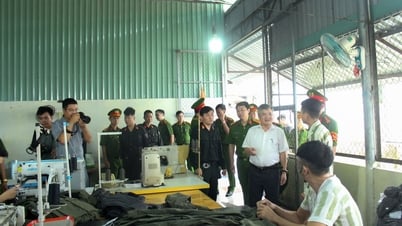


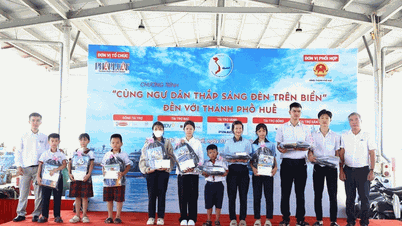







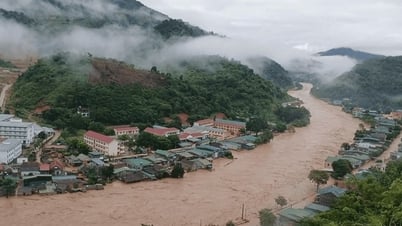























Comment (0)